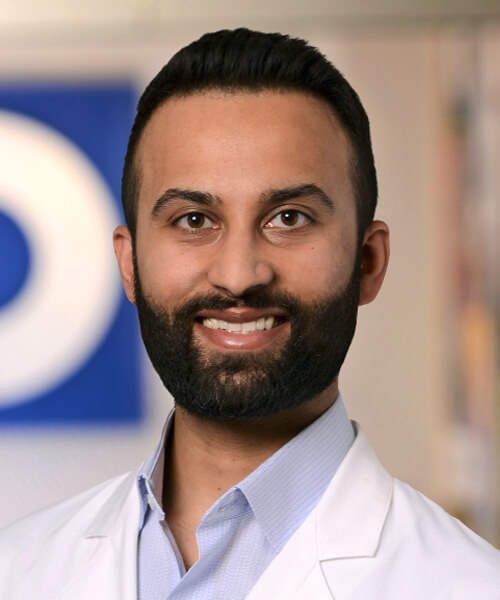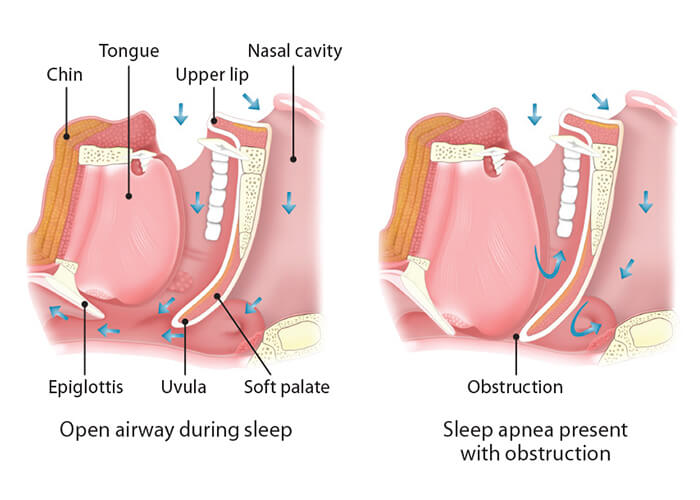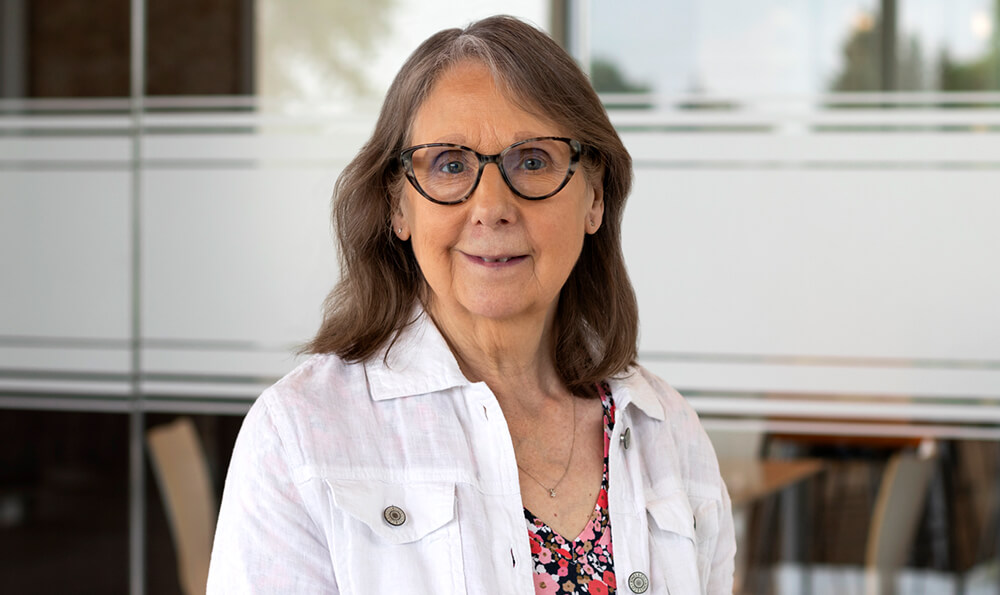Health & Wellness

 Logan Dalal, MD, is the Medical Director of the Sleep Medicine program at Memorial Hospital. He is a board-certified sleep medicine physician with a strong passion for helping people get better quality sleep. Dr. Dalal believes sleep is essential for our health and well-being, and he is committed to providing his patients with the care they need to get the sleep they deserve.
Logan Dalal, MD, is the Medical Director of the Sleep Medicine program at Memorial Hospital. He is a board-certified sleep medicine physician with a strong passion for helping people get better quality sleep. Dr. Dalal believes sleep is essential for our health and well-being, and he is committed to providing his patients with the care they need to get the sleep they deserve.
Dr. Dalal’s areas of specialty include the management of sleep apnea, circadian rhythms, restless leg syndrome, and hypersomnia (also known as excessive daytime sleepiness). He takes a comprehensive approach to patient care, working with each person to develop a personalized treatment plan utilizing the latest technology and treatments.
Do you see yourself in any of these symptoms? If so, you may have a sleep disorder.
• Morning headaches
• High blood pressure
• Daytime sleepiness
• Snoring or pauses in breathing during sleep
• Low energy
• Lack of concentration
• Memory problems
• Falling asleep while driving or at work
• Aching legs
• Restless sleep
Q: How does your Sleep Medicine program help patients with sleep issues?
A: Dr. Dalal – Our Sleep Medicine team has expertise to both diagnose and treat those with sleep disorders. If you have difficulty falling asleep, staying asleep, or if you have trouble staying awake during the daytime, you may have a sleep disorder. The inability to get sufficient, quality sleep can contribute to serious health issues, which can cause high blood pressure and heart/brain problems.
Sleep disorders we treat can include:
- Insomnia: trouble falling asleep or staying asleep
- Sleep apnea: stopping breathing for short periods of time while sleeping, may snore or gasp
- Restless legs syndrome: a creeping, crawling, or tingling sensation in legs while sitting or lying still
- Narcolepsy: uncontrolled attacks of sleep at inappropriate times while awake
Q: I hear a great deal in the news about sleep apnea and I am worried my spouse may have signs of it – can you tell me more?
A: Dr. Dalal – Sleep apnea is a very common sleep disorder that occurs when your breathing is repeatedly interrupted during sleep. This can happen when your airway becomes blocked, either partially or completely. Sleep apnea can cause a number of problems, including daytime sleepiness, fatigue, difficulty concentrating, memory loss, and mood swings.

About Sleep Apnea
Sleep apnea is a sleep disorder that occurs in one third of the population. If left untreated, sleep apnea can worsen existing health problems or lead to new health problems.
Minimize the Risk
Untreated sleep apnea can lead to:
3x more likely to have a stroke
2x greater risk for heart disease
2x increased risk for dementia
Q: What are my options for sleep testing?
A: Dr. Dalal – If you think you may have a sleep disorder, your doctor will likely recommend you undergo a sleep study (polysomnogram or PSG). A sleep study is a seven- to eight-hour test that records your breathing, heart rate, and other body functions during sleep. Memorial offers a variety of sleep testing options with state-of-the-art monitoring equipment, including in-home and Sleep Center testing for our patients.
- Patients who meet the clinical criteria and are eligible through their insurance provider may qualify for in-home testing, allowing them to wear the monitor while enjoying the convenience of being at home.
- For some, spending the night in one of our comfortable Sleep Center diagnostic suites for monitored testing is the best option.
Through tracking of your brain activity, heart rate and rhythm, and oxygen levels while you sleep, our sleep specialists will diagnose your specific sleep disorder and provide solutions to improve your sleep quality.
Talk to your physician to determine if a sleep study would be beneficial for your health. Our Sleep Medicine program offers quicker access for diagnosis and treatment than traditional urban sleep centers – our team can work with you to find the appropriate testing needed, and schedule it at a time that is convenient for you. Patient appointments can be scheduled by calling (937) 578-2020.
The Memorial Hospital Sleep Center is accredited by the American Academy of Sleep Medicine.



